
ARE COCKROACHES DANGEROUS FOR PETS? / COCKROJ & YOUR PET’S SAFETY EXPLAINED
Introduction
We love our pets—they’re part of the family. But when cockroaches (also called cockroj) sneak into your home, you're not just facing a disgusting nuisance. You may wonder:
Are cockroaches dangerous for pets like dogs and cats? Can my pet get sick from eating one?
The short answer is: Yes, cockroaches can pose health risks to pets—not always instantly, but through contamination, parasites, or exposure to pesticides.
This blog will explain the dangers, debunk common myths, and share practical tips to keep your pets safe from roach-related harm.
Can Pets Get Sick from Cockroaches?
Cockroaches are known carriers of over 30 types of bacteria, including:
-
Salmonella
-
E. coli
-
Listeria
-
Parasitic worms (such as tapeworms)
If your pet eats a cockroach or comes into contact with contaminated surfaces, it can lead to:
-
Vomiting
-
Diarrhea
-
Intestinal parasites
-
Skin infections
-
Allergic reactions
Pets with weak immune systems—such as puppies, kittens, senior pets, or those recovering from illness—are especially at risk.
Do Cockroaches Bite Pets?
Yes, although it is rare. Cockroaches typically avoid confrontation, but in heavy infestations, they may bite:
-
Sleeping animals
-
Pets with wounds or open sores
-
Sensitive skin areas like ears or underbellies
These bites may cause irritation, swelling, or even secondary infections. While uncommon, it’s not impossible—especially in homes with severe infestations.
Can Cats and Dogs Eat Cockroaches?
Yes, and many do. Cats often chase and play with cockroaches. Dogs might eat them out of curiosity or boredom.
Is it safe? Not really.
Dangers of Eating Cockroaches:
-
The cockroach may carry harmful bacteria or parasites.
-
It could have ingested poison bait or walked through insecticides.
-
The tough exoskeleton could cause digestive issues or choking.
If your pet eats a cockroach, monitor them closely. Most cases result in mild stomach upset, but severe symptoms may require veterinary attention.
Which Pets Are Most at Risk?
| Pet Type | Risk Level | Reason |
|---|---|---|
| Dogs | Moderate | Prone to eating cockroaches directly |
| Cats | Low–Moderate | Likely to chase and chew |
| Birds | High | Sensitive to germs and chemicals |
| Reptiles | Medium | May eat cockroaches intentionally, risk from wild roaches |
| Small Mammals (hamsters, guinea pigs) | High | Small systems, more vulnerable to bacteria |
How to Protect Your Pet from Cockroaches
You don’t need to panic—but you do need to take preventive action. Here’s how to keep your pets safe:
1. Keep Their Area Clean
-
Clean food and water bowls daily
-
Store pet food in sealed containers
-
Sweep or vacuum around feeding areas
2. Use Pet-Safe Pest Control
-
Avoid chemical foggers, sprays, or bait where pets roam
-
Use diatomaceous earth (food-grade) in cracks and corners
-
Place sticky traps in areas inaccessible to pets
3. Block Entry Points
-
Seal cracks and wall gaps
-
Fix leaks and reduce moisture
-
Cover drains and check ventilation areas
What to Do If Your Pet Eats a Cockroach
If your pet eats a roach, don’t panic. Most of the time, the risk is low. However, take the following precautions:
Watch for Symptoms:
-
Vomiting
-
Diarrhea
-
Lethargy
-
Refusal to eat
-
Drooling or pawing at the mouth
Steps to Take:
-
Remove any remaining insect parts from their mouth.
-
Rinse their mouth with clean water (if possible).
-
Provide fresh water and observe them.
-
Call your vet if symptoms appear or persist.
Conclusion
Cockroaches are not just unpleasant—they carry germs, parasites, and toxins that can pose real risks to pets. While one accidental encounter may not be life-threatening, repeated exposure or ingestion is a concern.
The best solution?
Maintain cleanliness, use pet-safe pest control, and stay alert for any changes in your pet’s behavior.
For more tips, check out our detailed pest prevention guides or speak to a local pest control expert who understands pet-friendly solutions.

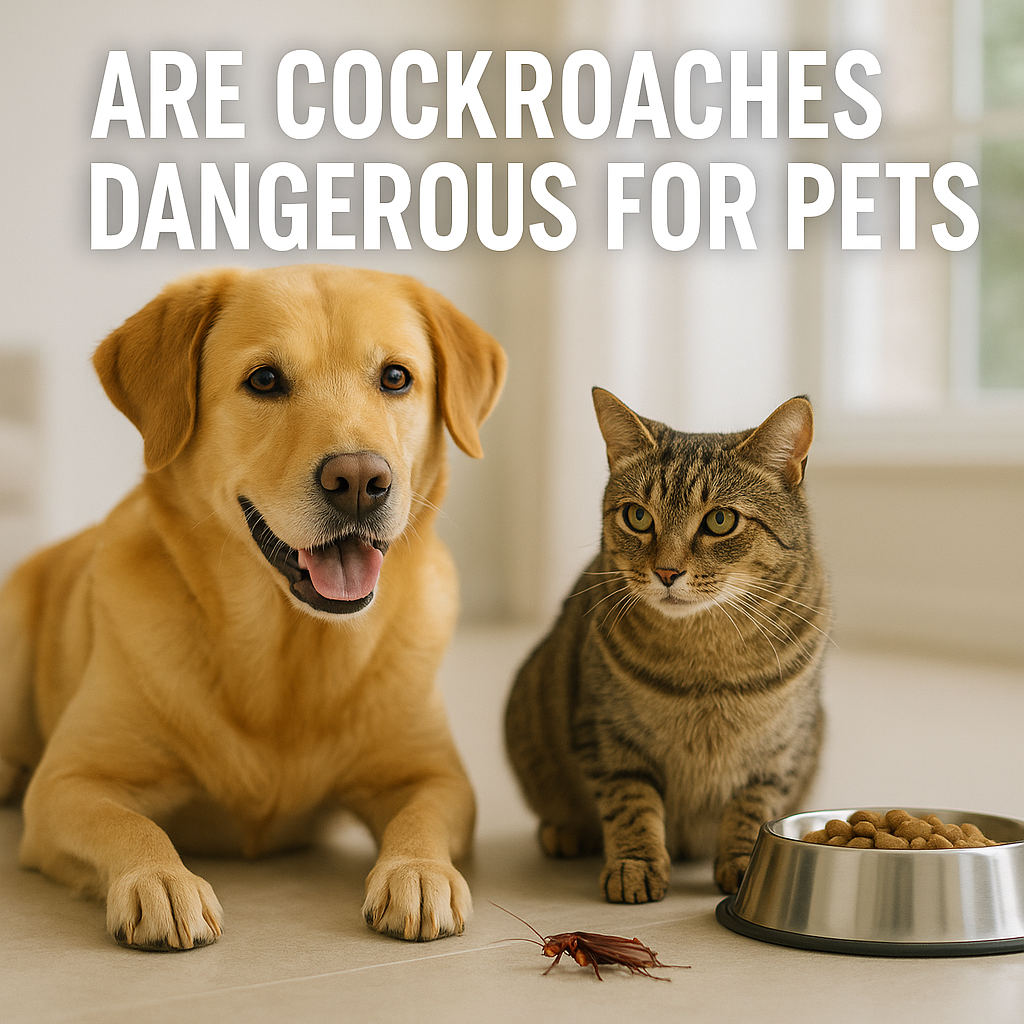
Youtube Video
Invalid YouTube URL provided.












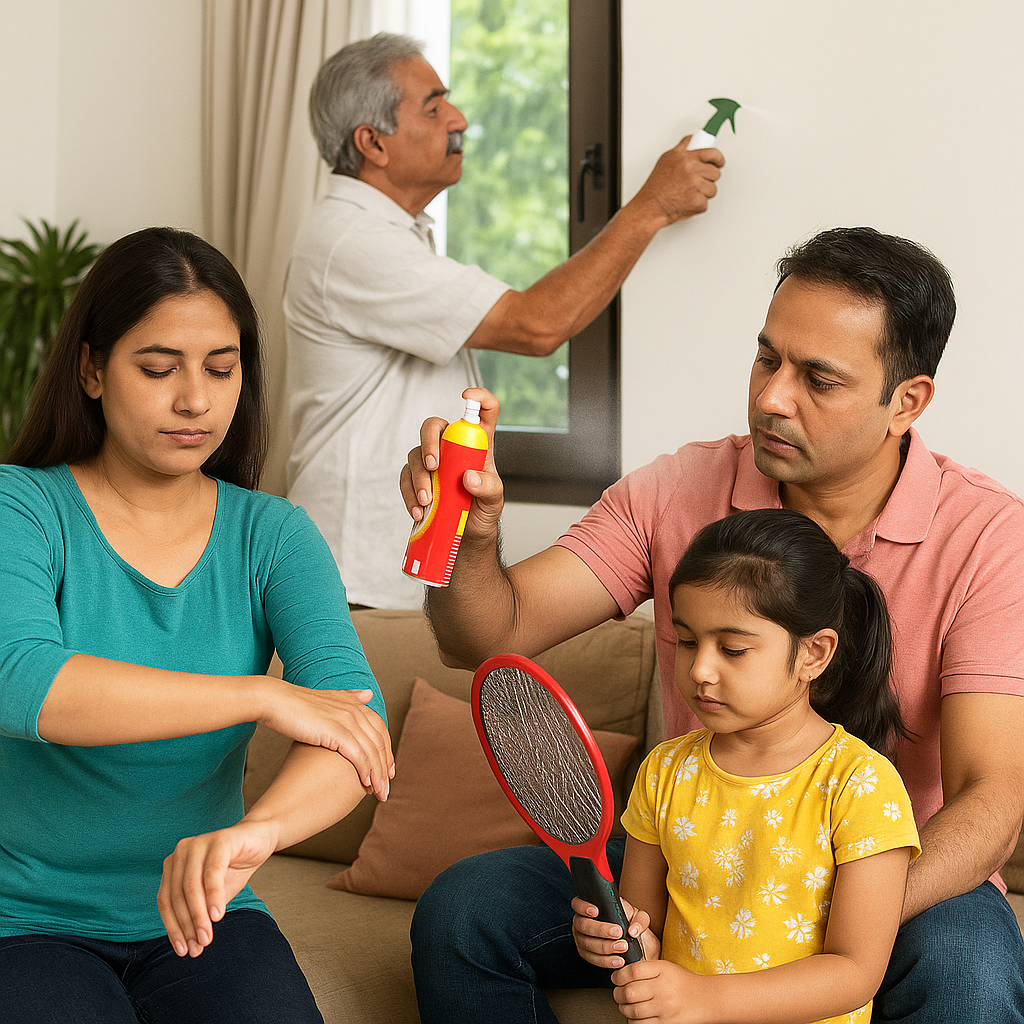
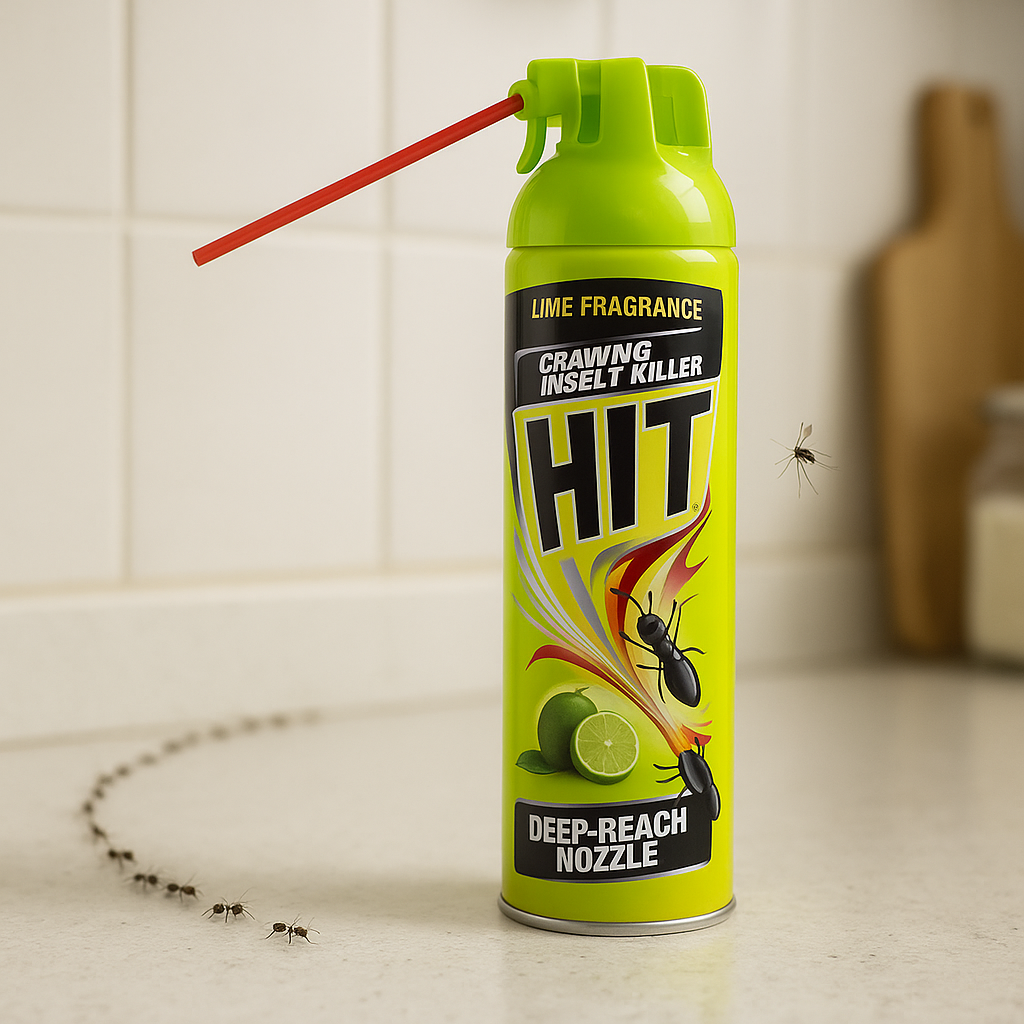
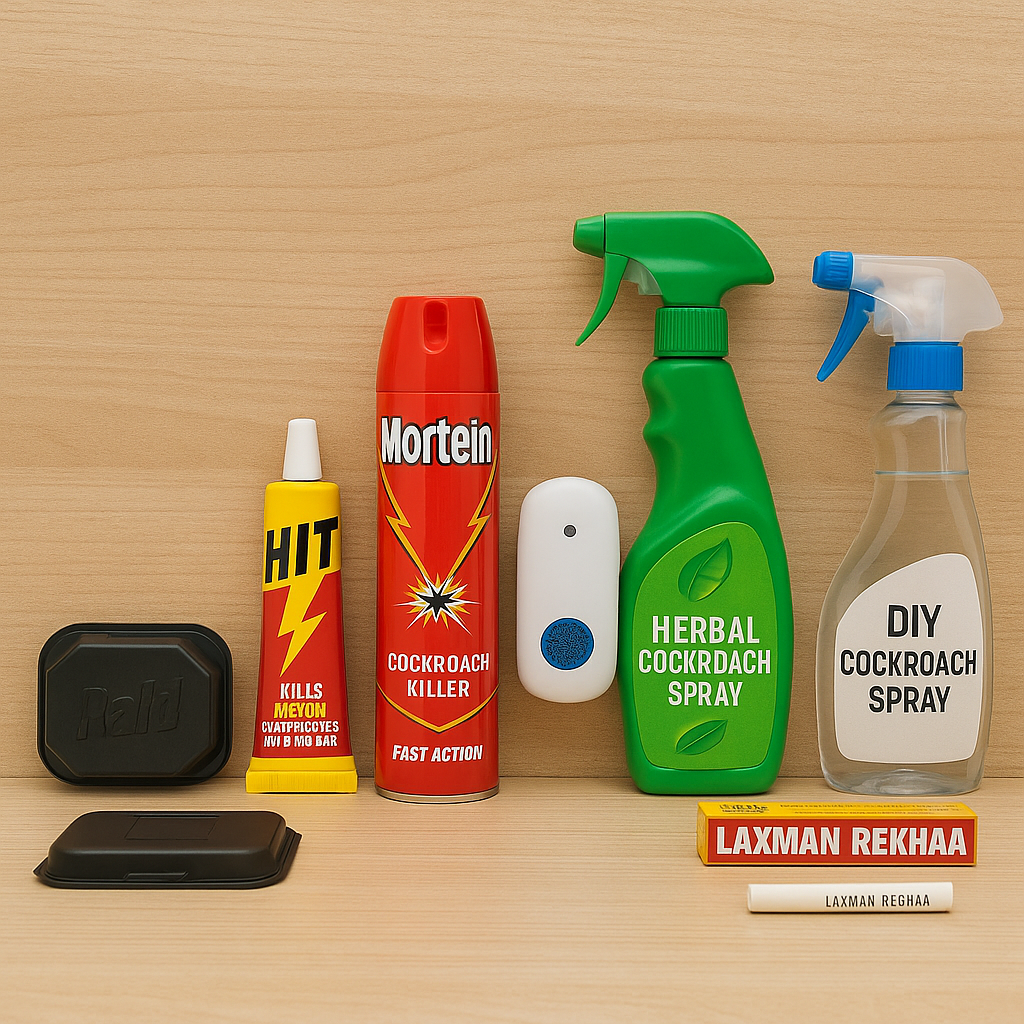
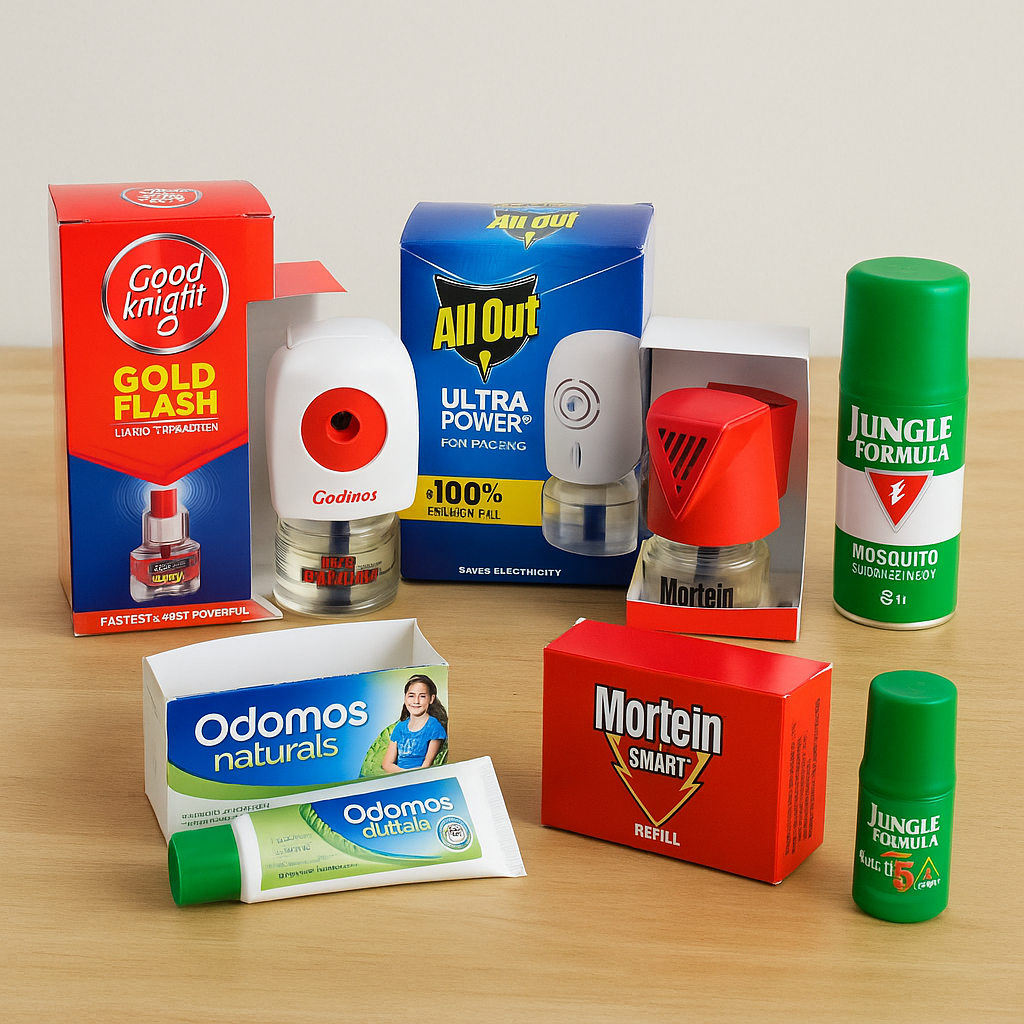
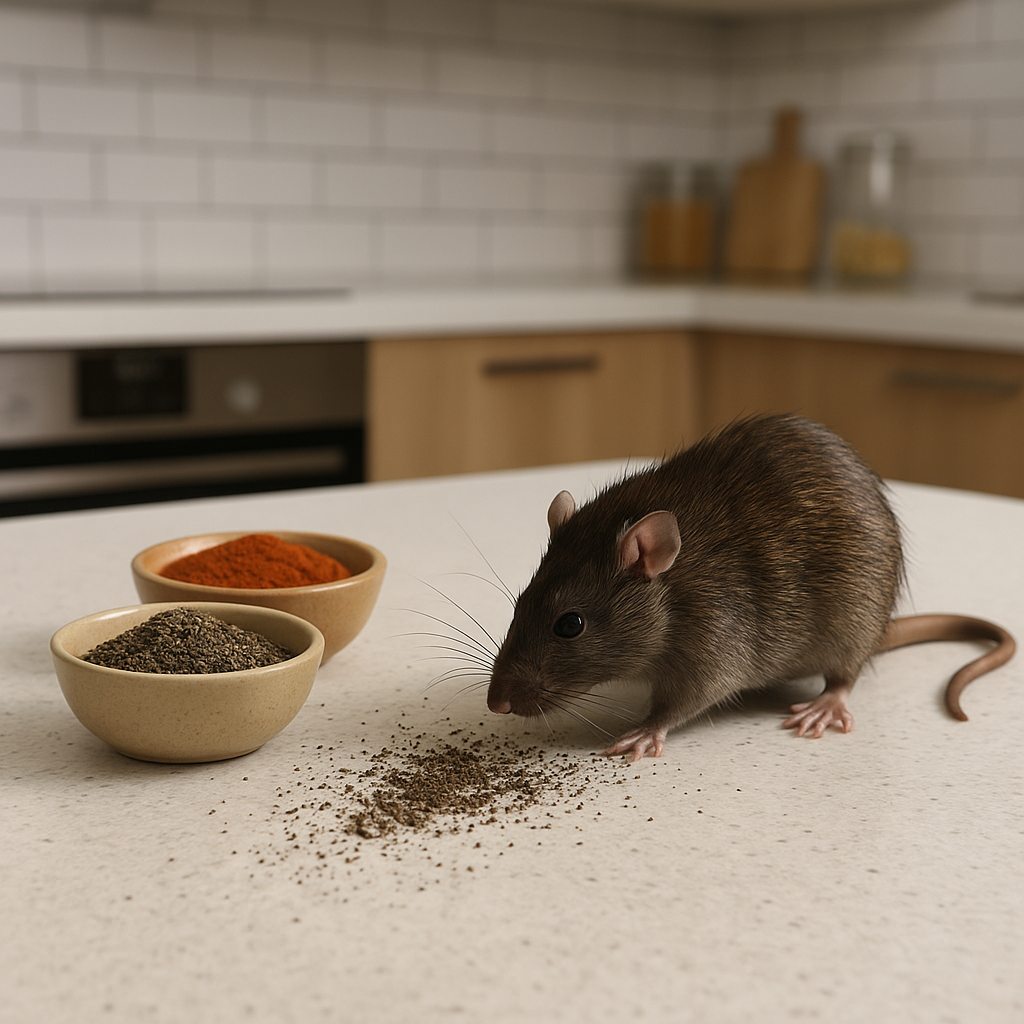
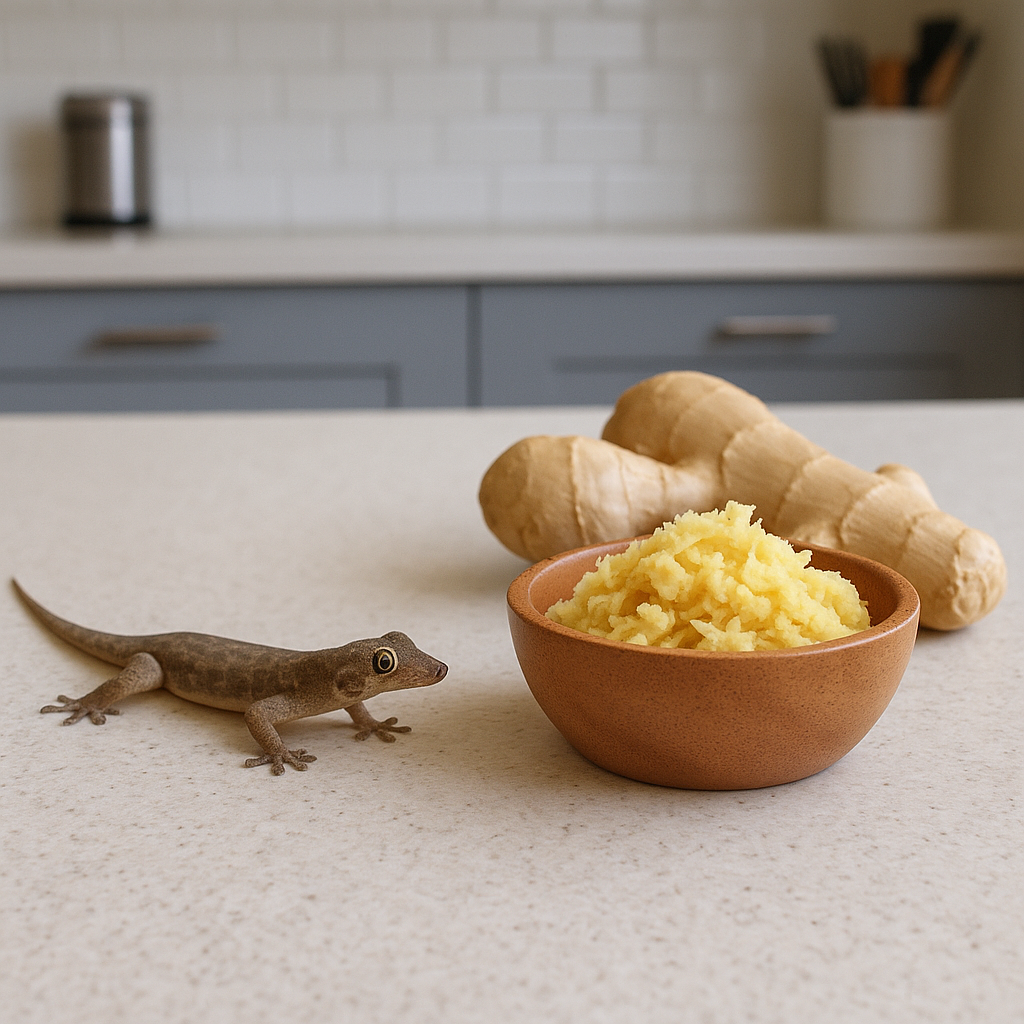
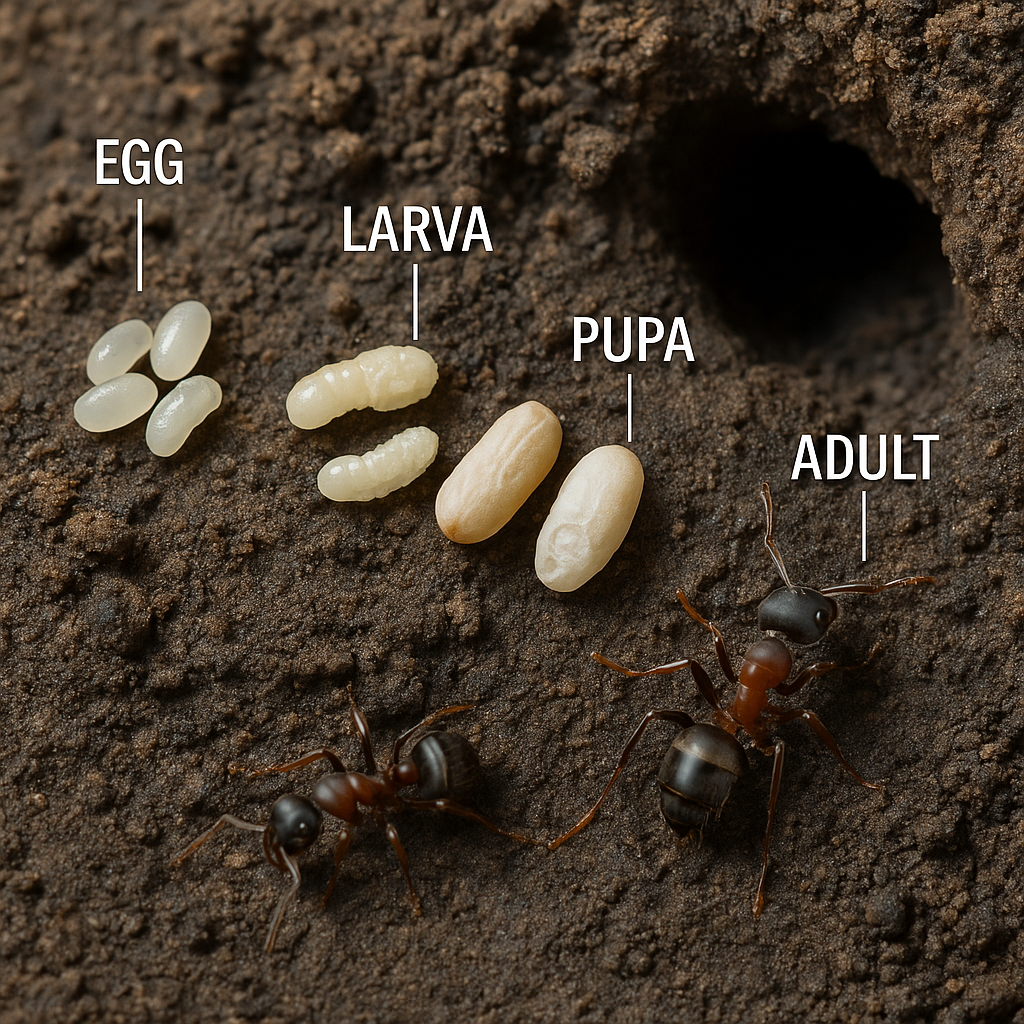
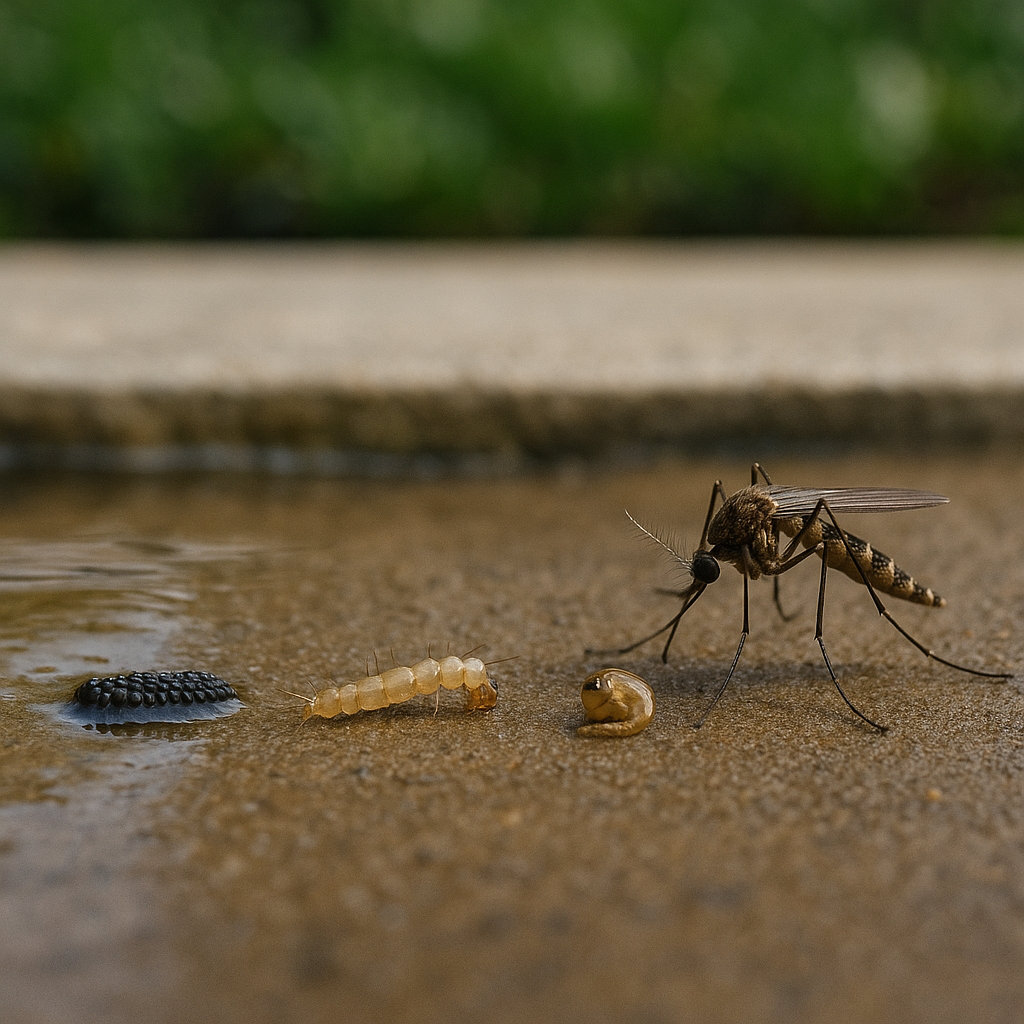

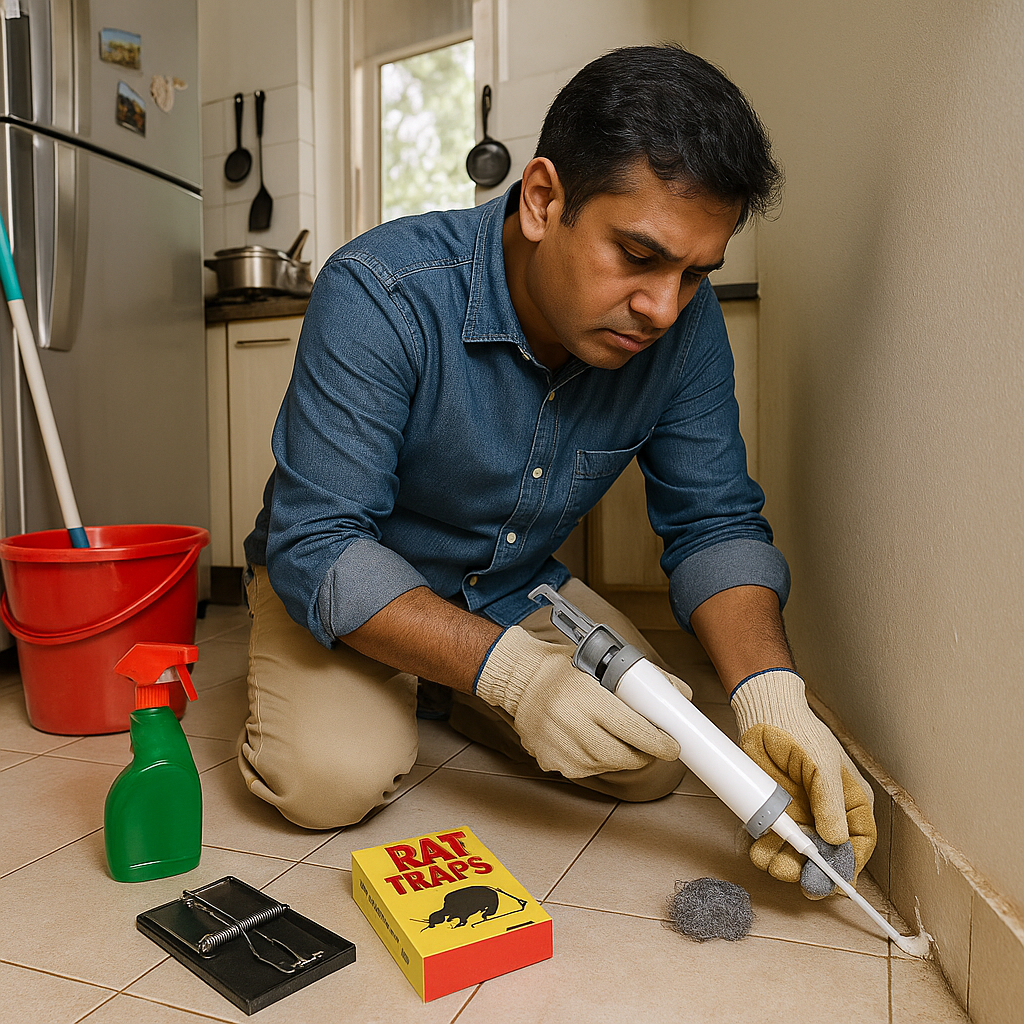
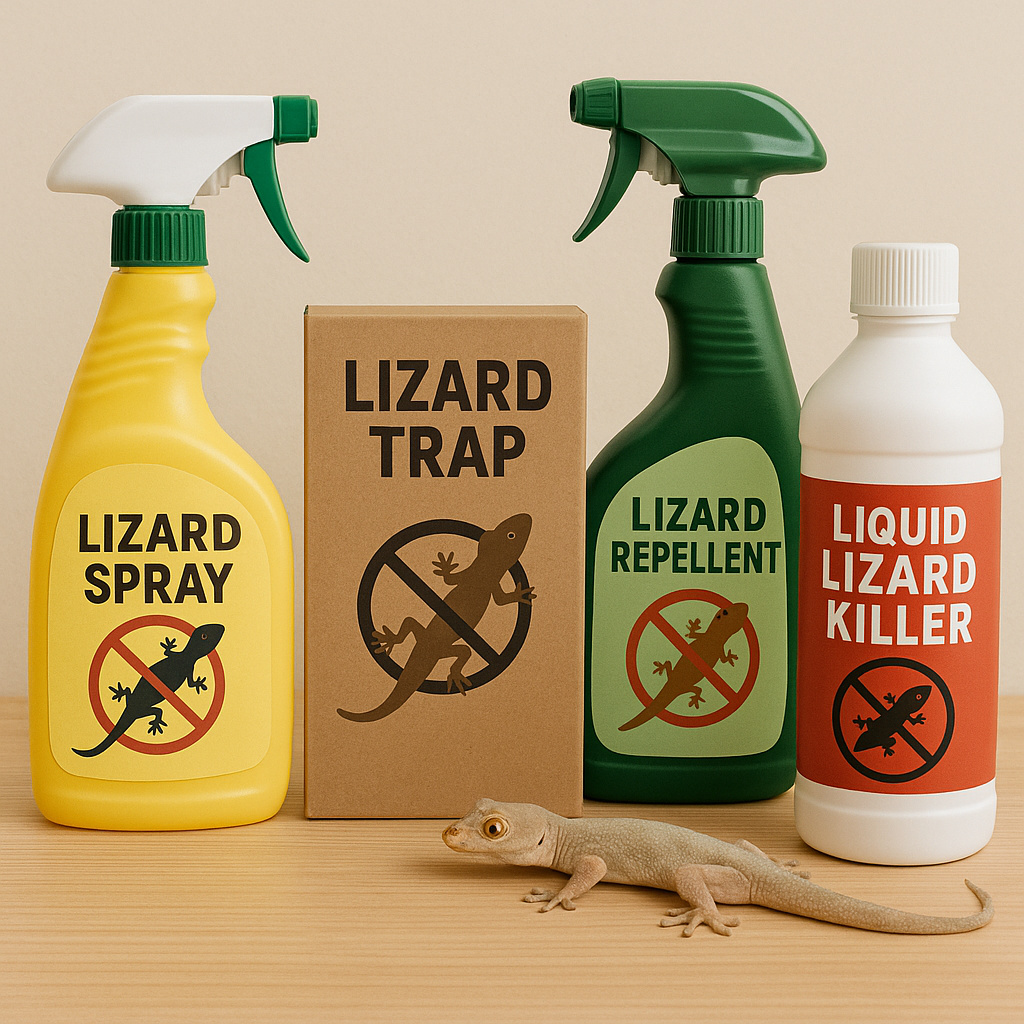
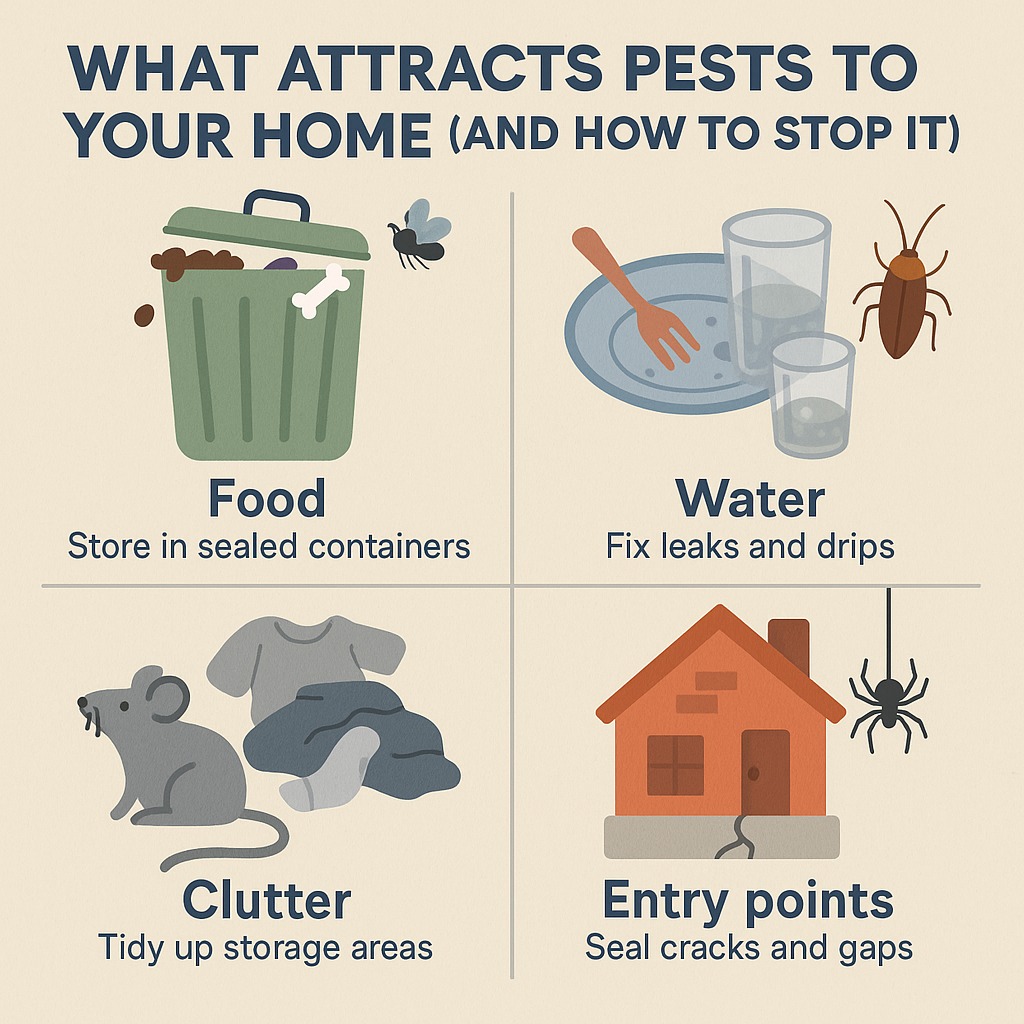


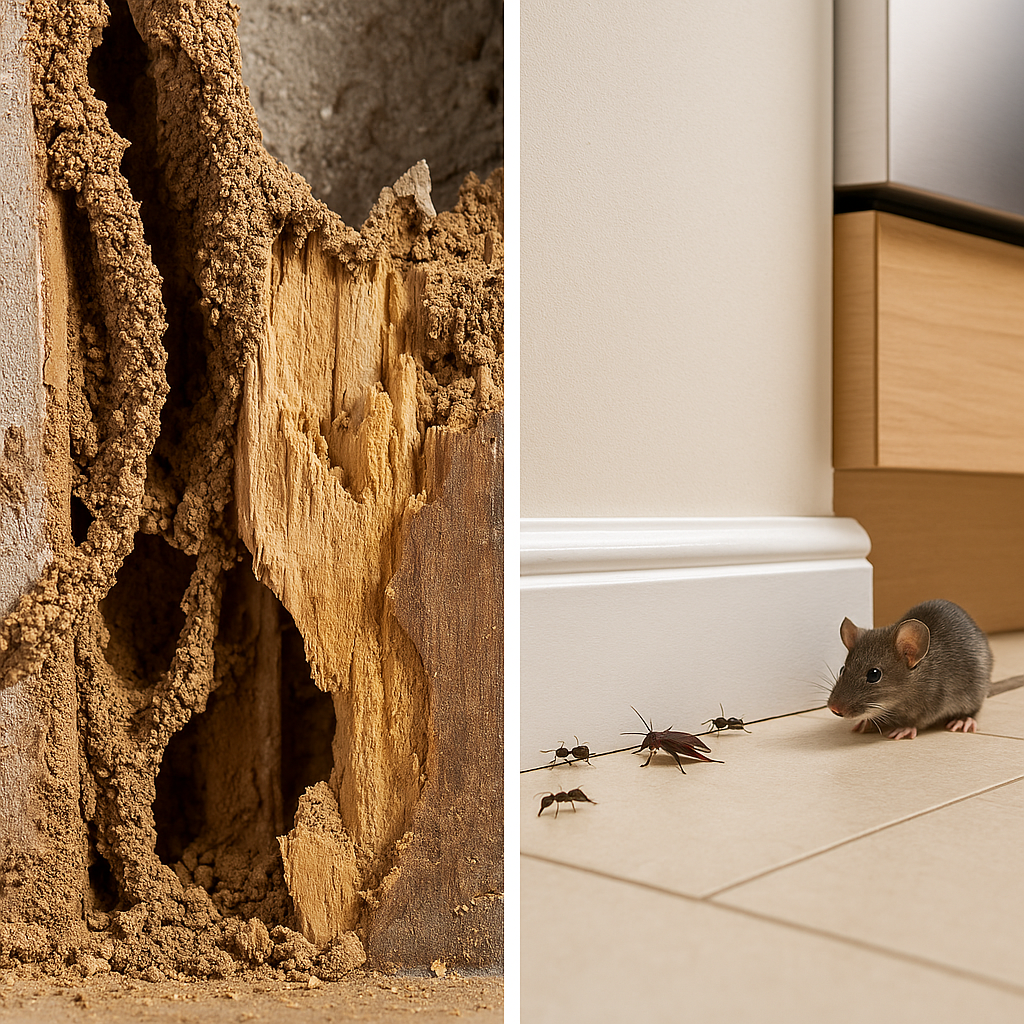
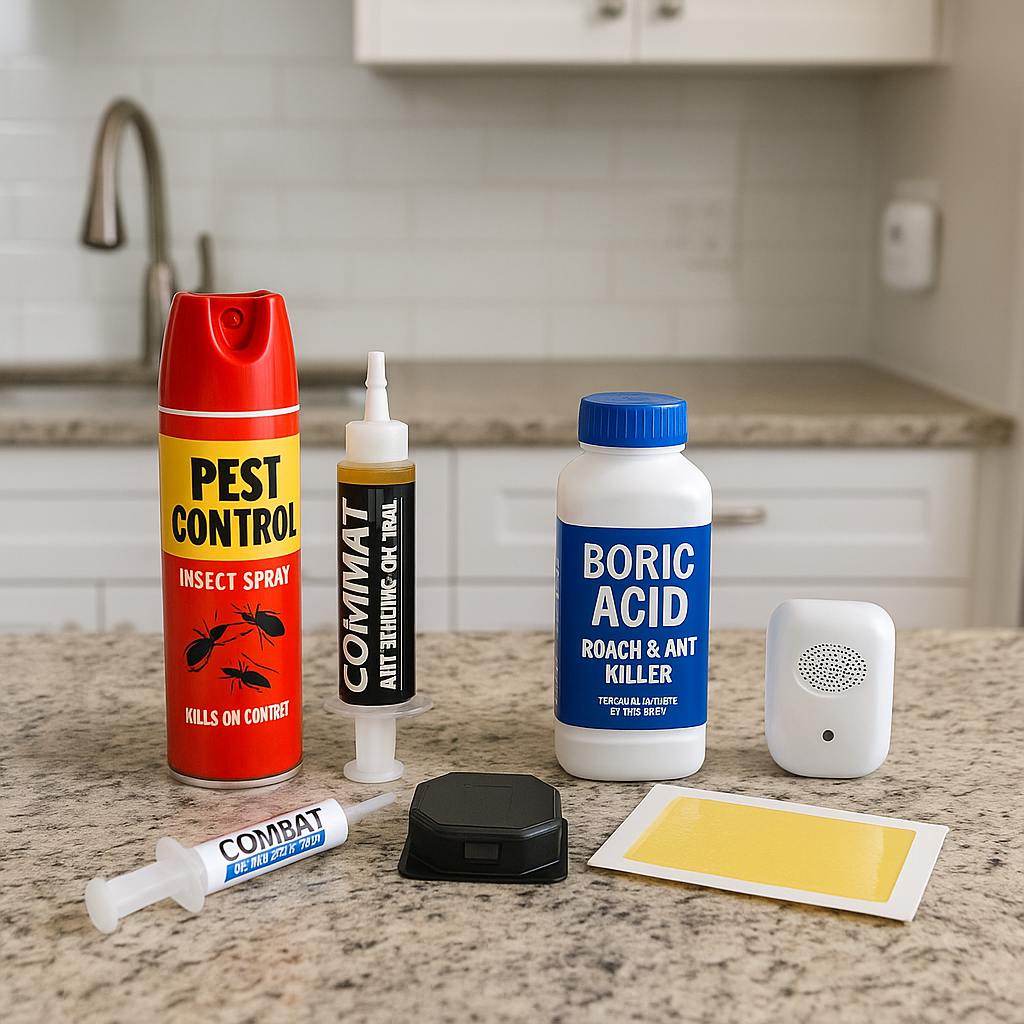
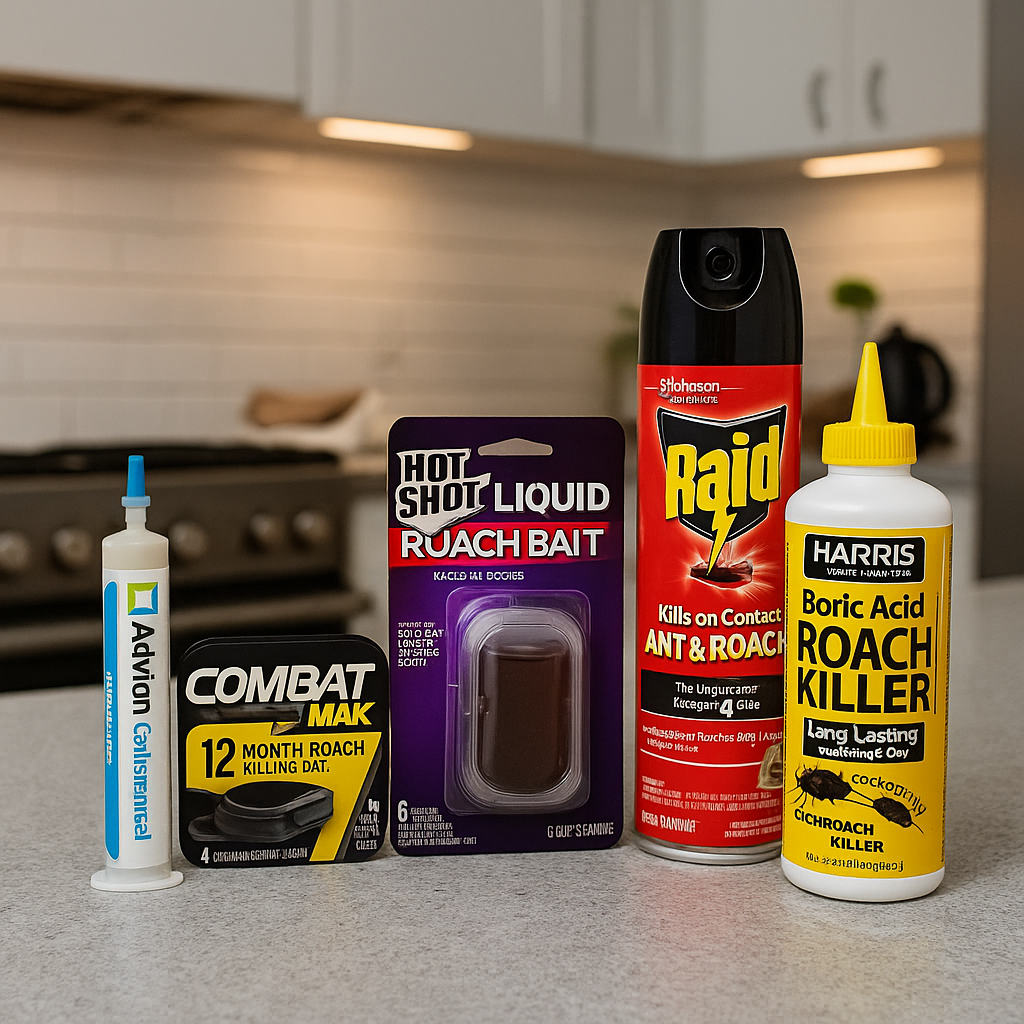
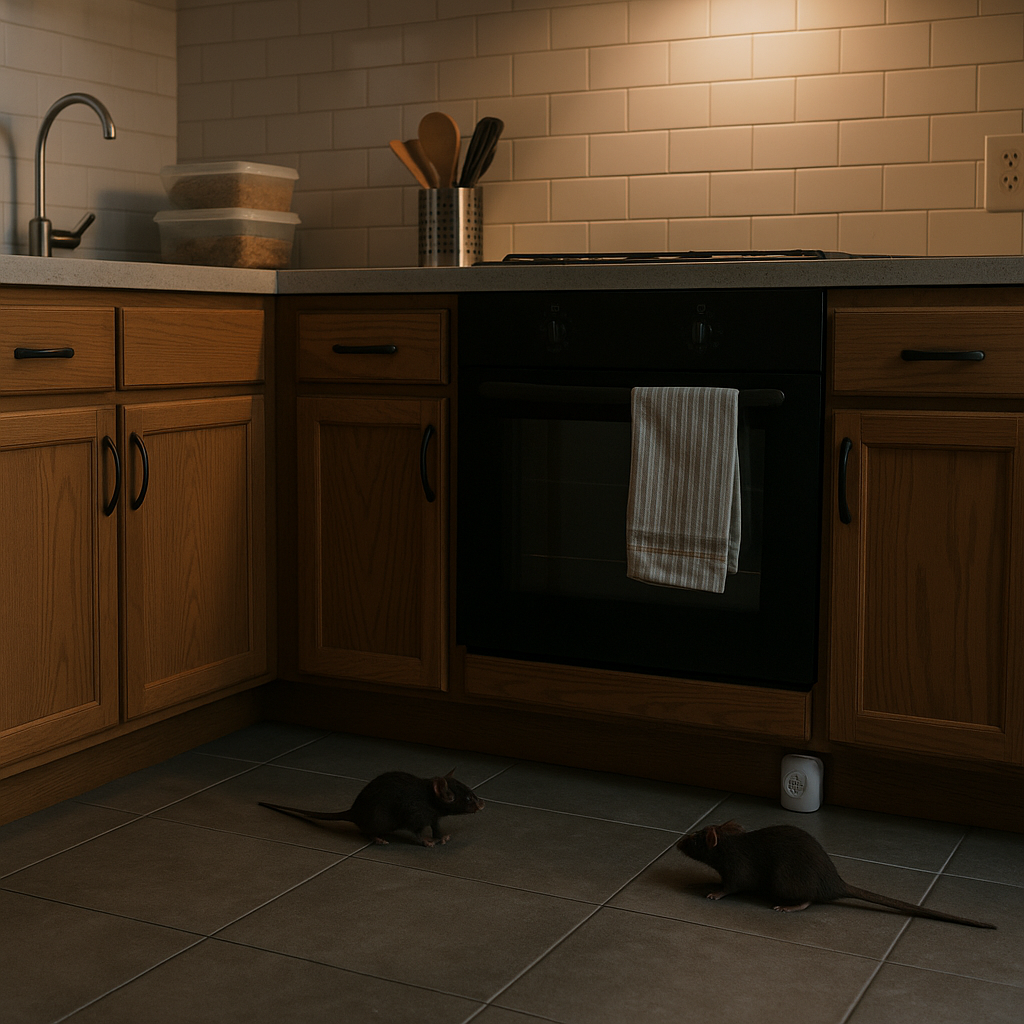

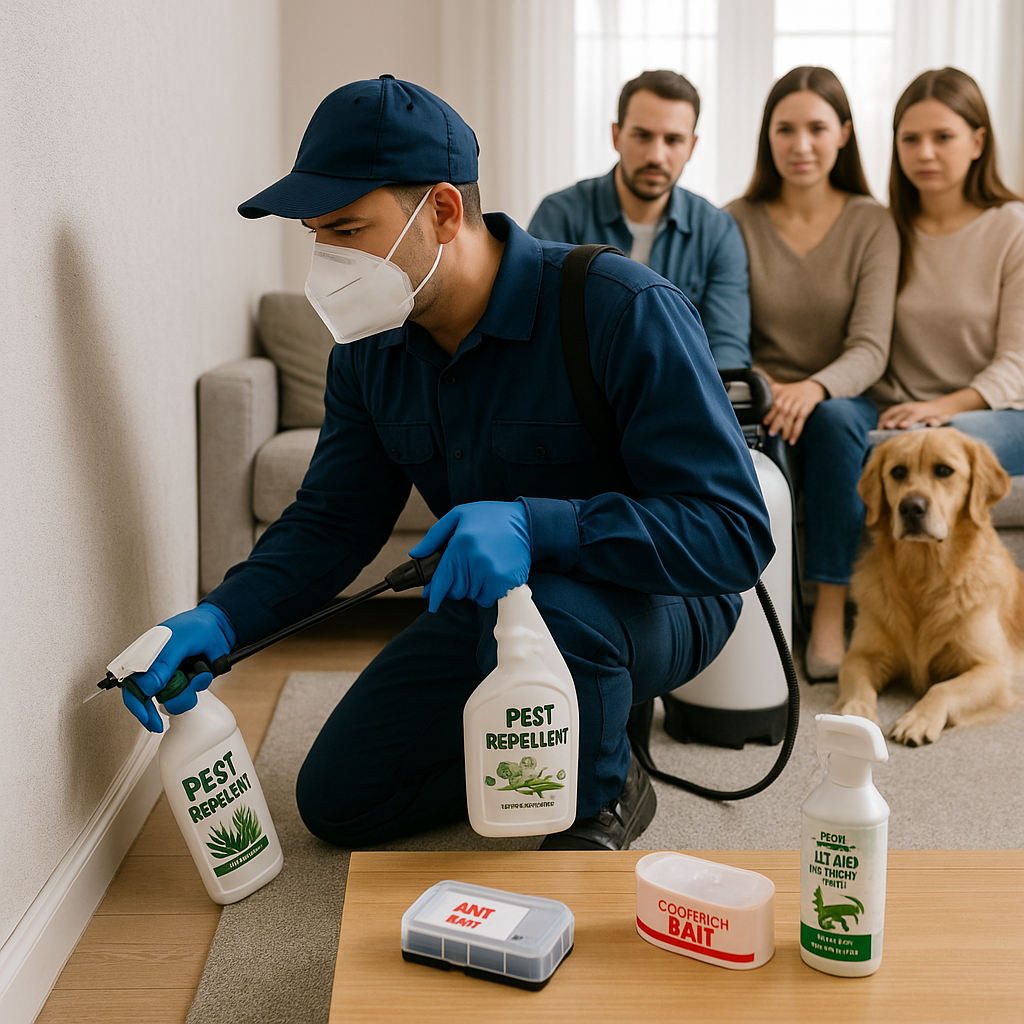

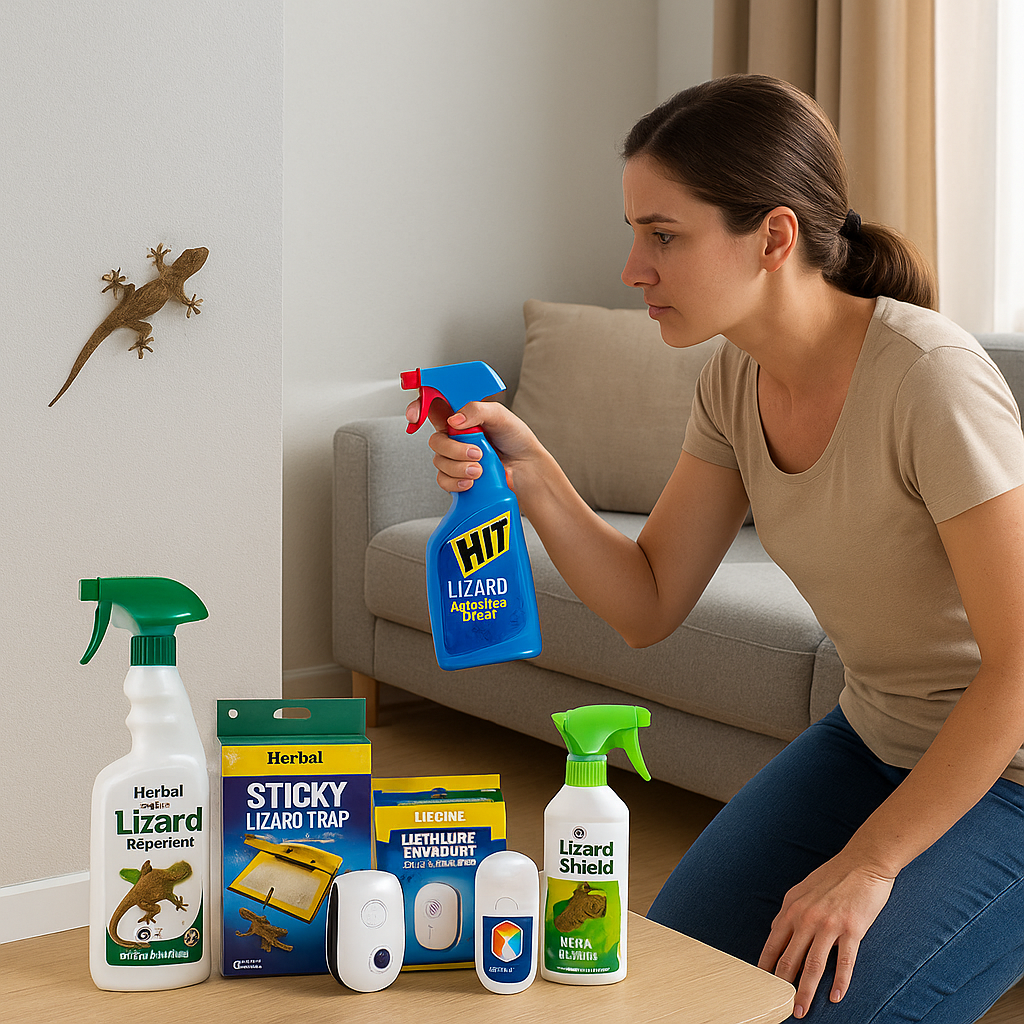


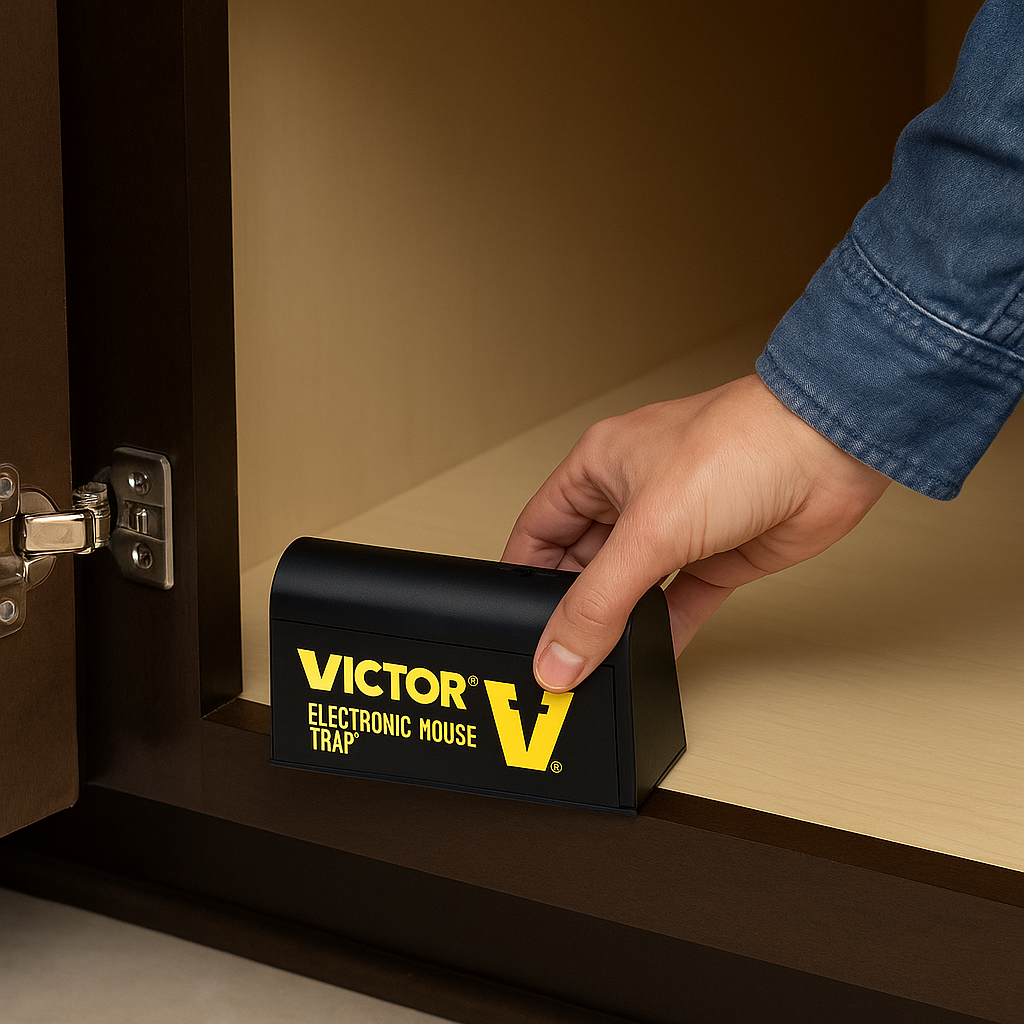
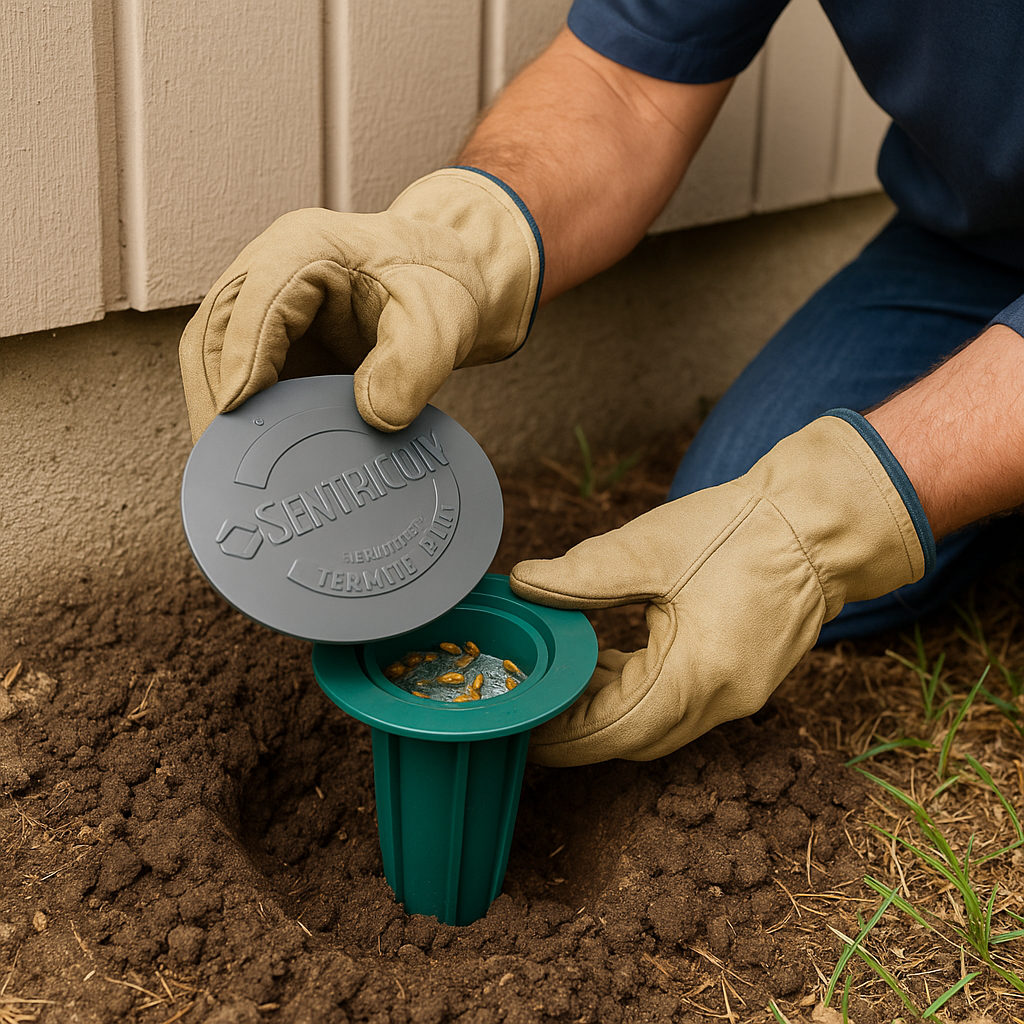
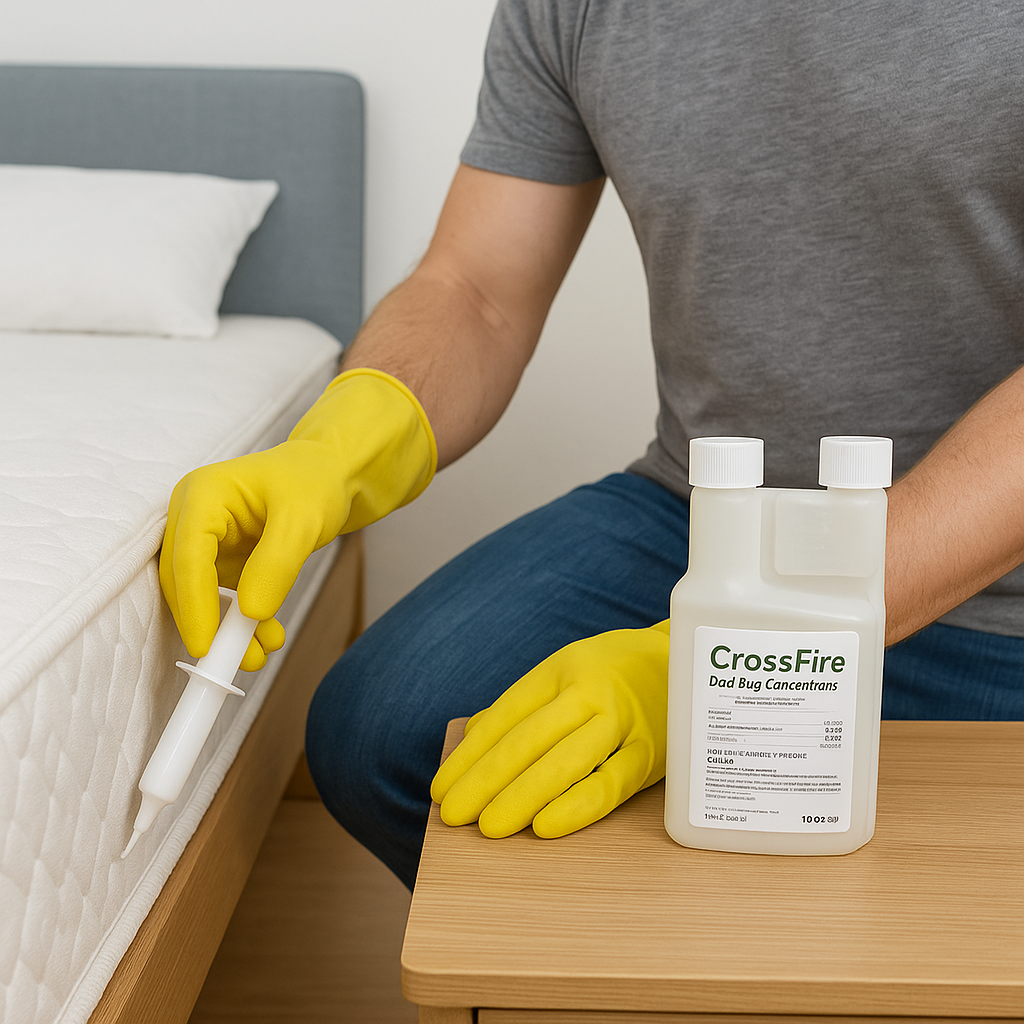


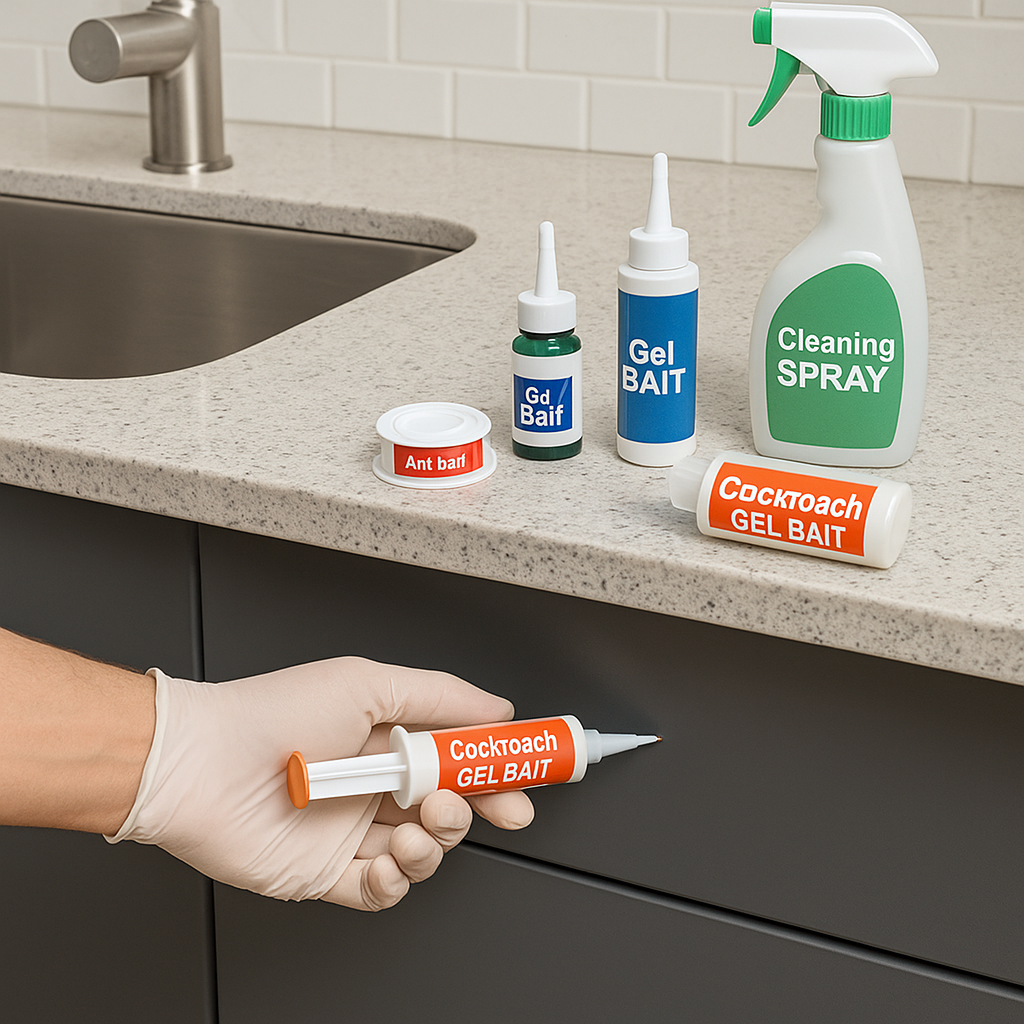

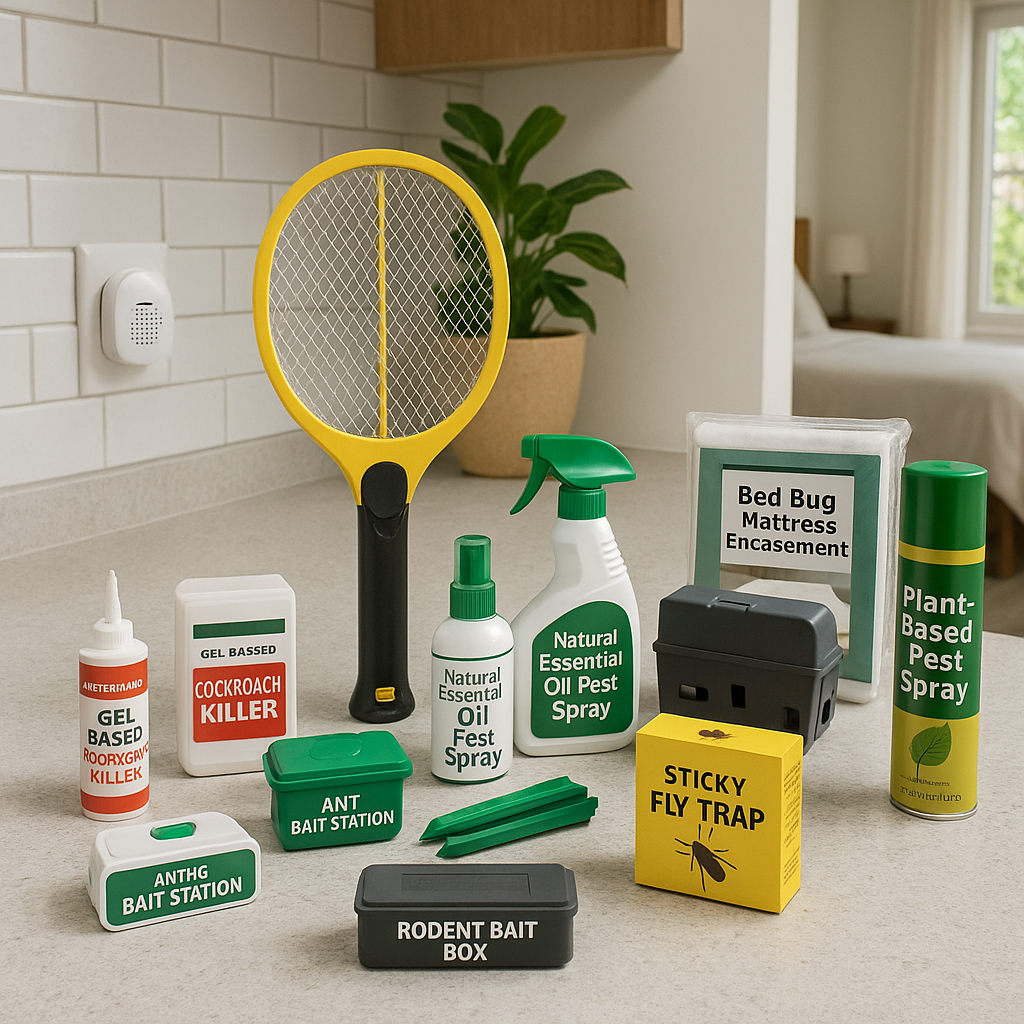
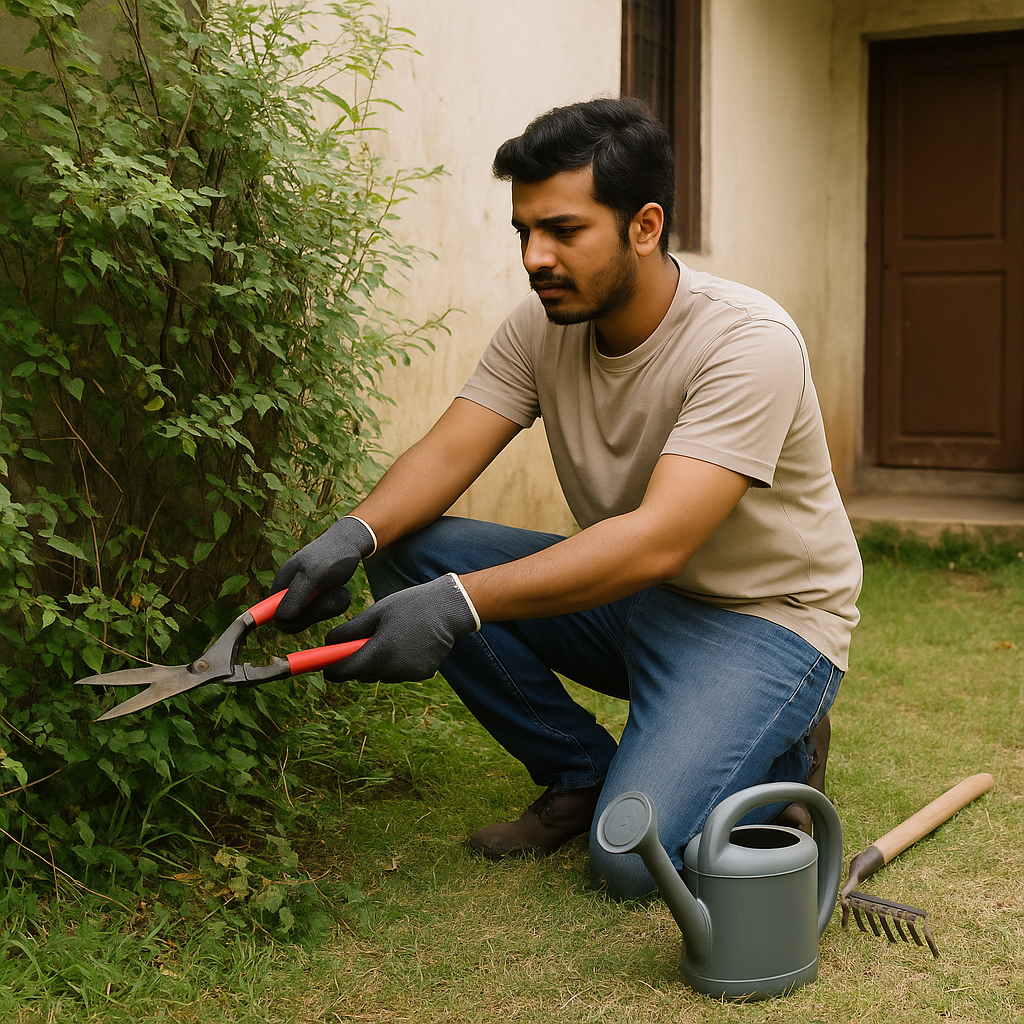
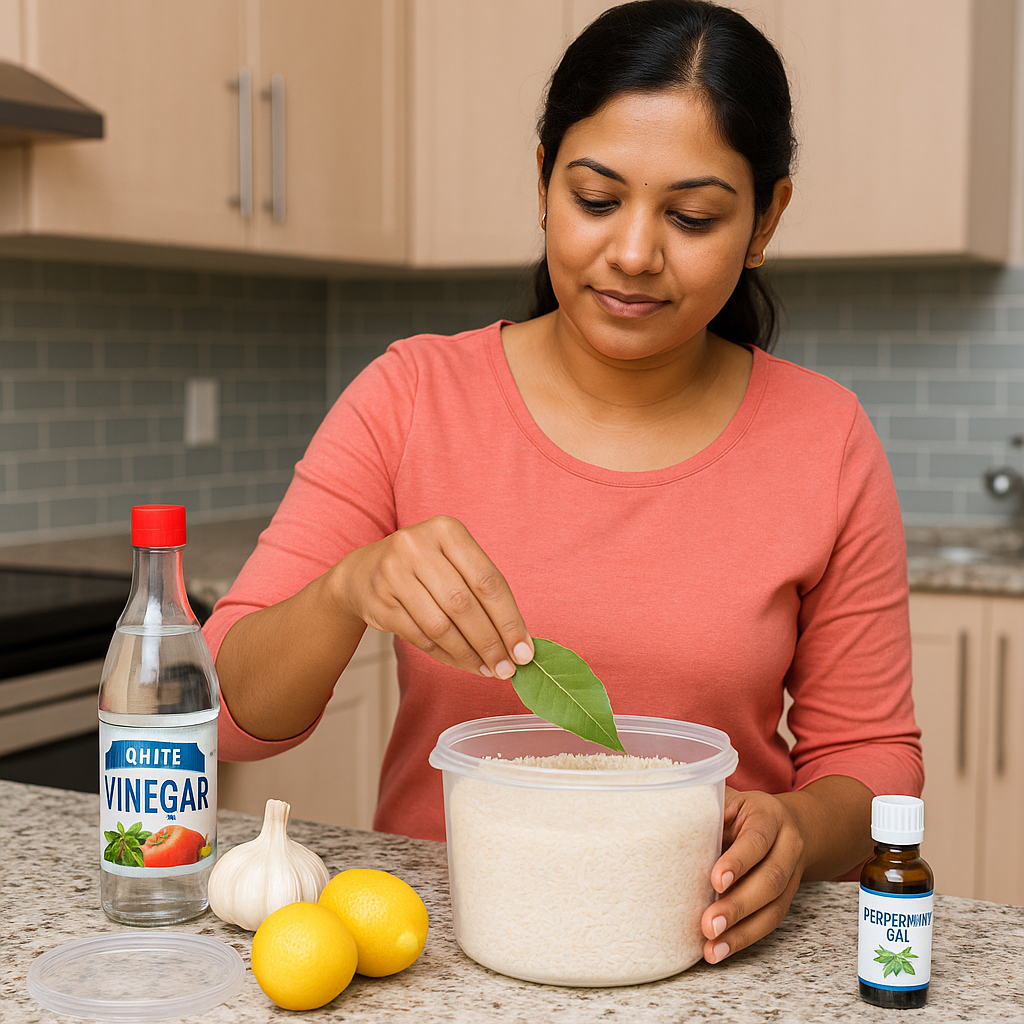




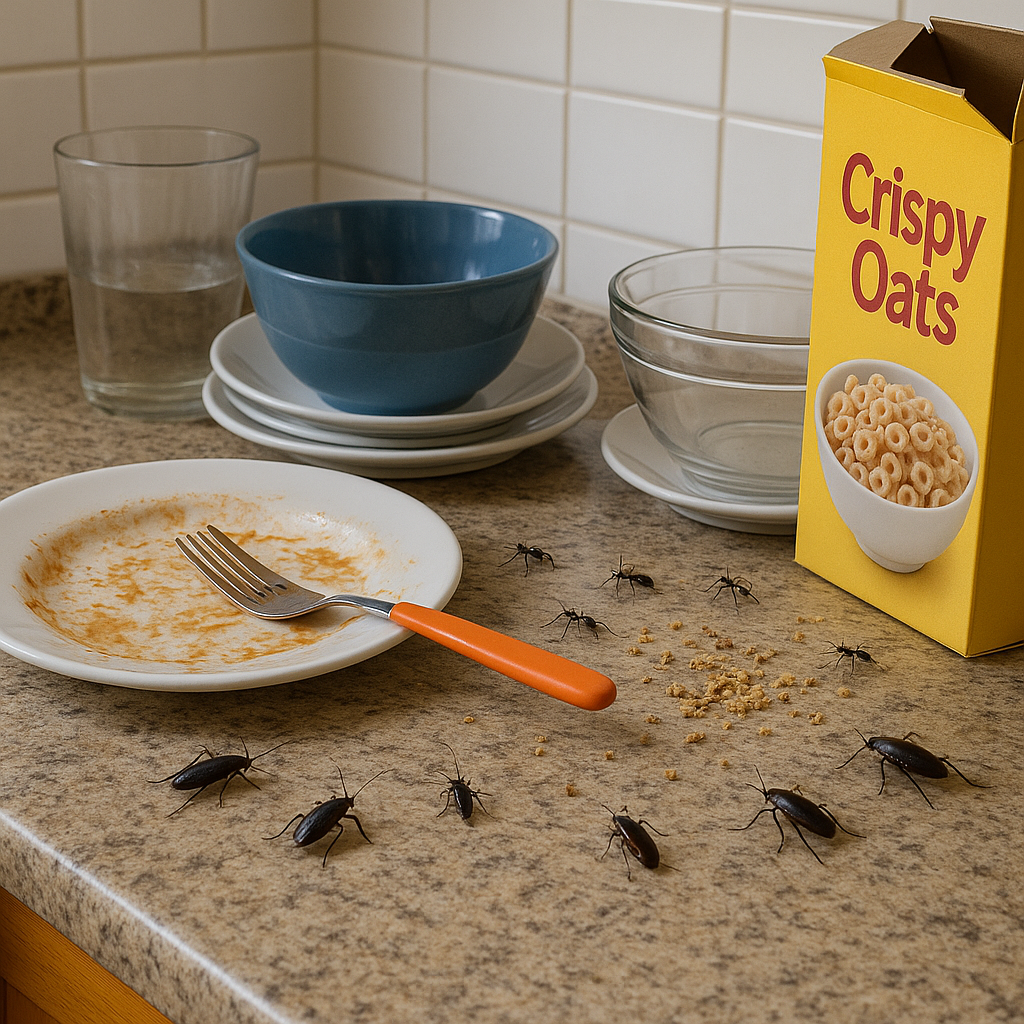






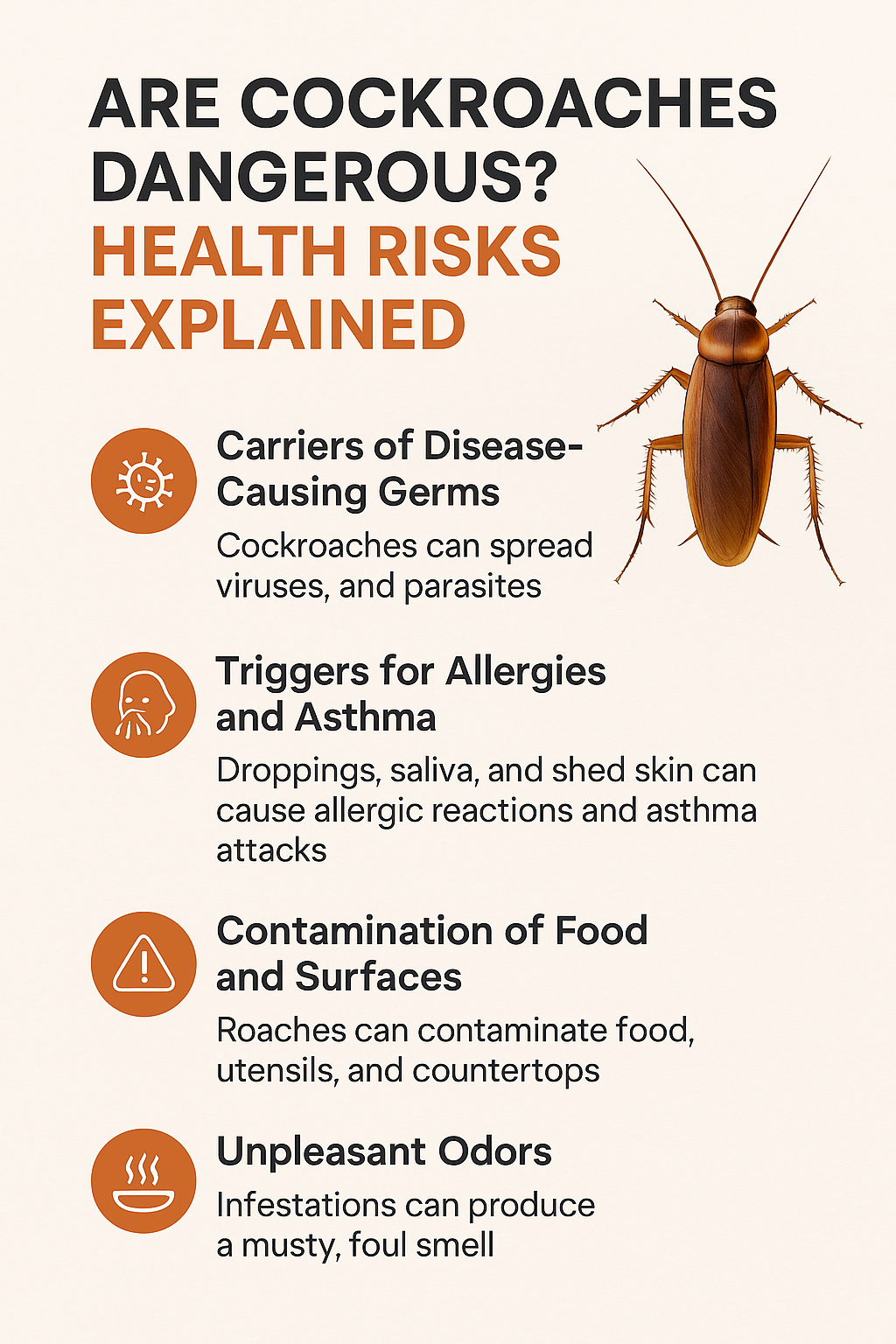
















































(0) Comments